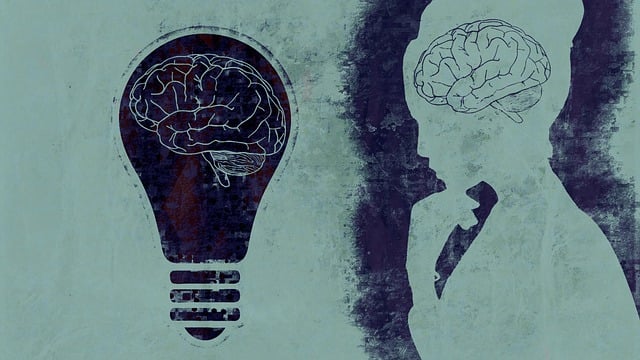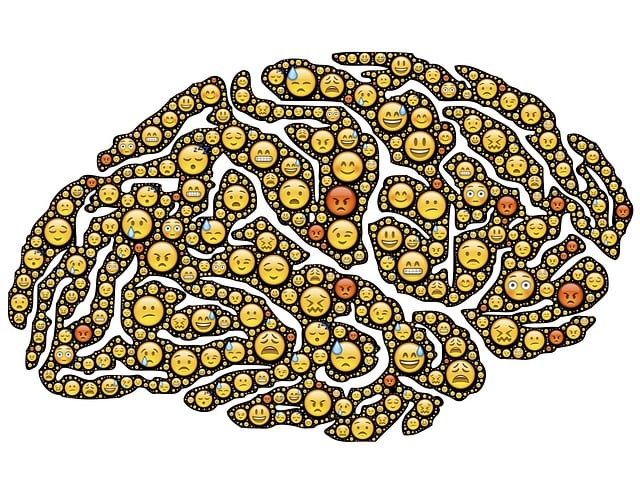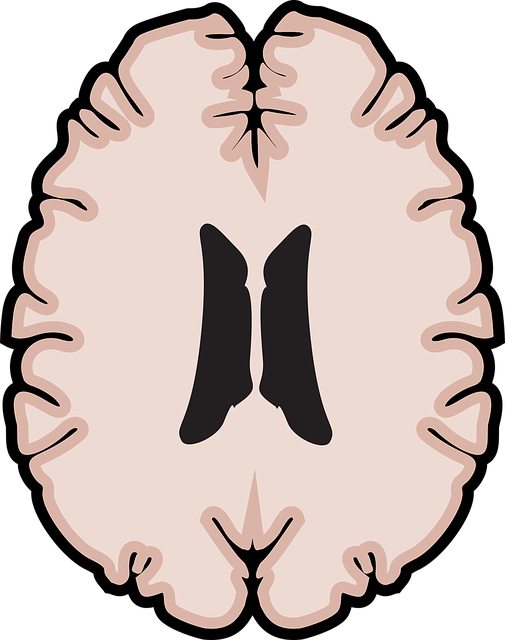Colorado Springs Somatic Experiencing Therapy (SET) is a pioneering approach to culturally sensitive mental health care, addressing the critical need for trust and effective communication in diverse communities. By focusing on the link between physical sensations and emotions, SET helps individuals process trauma and build resilience. This method, integrated into healthcare provider training programs, enhances cultural competence, enabling professionals to recognize and respect alternative healing practices and expressions of pain across various backgrounds. Through interactive workshops, case studies, and peer discussions, trainers equip providers with tools like emotional regulation and self-awareness exercises to improve patient connections and deliver holistic care tailored to individual experiences, thereby revolutionizing healthcare accessibility and quality in diverse societies.
Healthcare provider cultural competency training is a vital component of modern medical practice, ensuring patient-centered care that respects diverse backgrounds and beliefs. In today’s globalized society, understanding cultural nuances can significantly improve health outcomes. This article explores these key areas: the importance of cultural competency in healthcare, the role of Somatic Experiencing Therapy (SET) in fostering cultural sensitivity, effective training program design, and successful case studies, with a specific focus on Colorado Springs and its approach to culturally responsive care.
- Understanding Cultural Competency in Healthcare: A Necessity in Modern Practice
- The Impact of Somatic Experiencing Therapy (SET) on Cultural Sensitivity
- Designing Training Programs: Effective Strategies for Healthcare Providers
- Case Studies: Colorado Springs and the Power of Culturally Responsive Care
Understanding Cultural Competency in Healthcare: A Necessity in Modern Practice

In today’s diverse society, cultural competency within healthcare has become an indispensable aspect of modern practice. This involves understanding and respecting the unique cultural backgrounds, beliefs, and values of patients, which significantly impacts their healthcare experiences and outcomes. Cultural competency training equips healthcare providers in Colorado Springs Somatic Experiencing Therapy with the skills to navigate complex interactions, ensuring patient-centered care. By recognizing and valuing cultural differences, therapists can foster trust, improve communication, and ultimately enhance the effectiveness of therapy sessions.
The need for such training is evident, especially when addressing mental wellness issues. The Mental Wellness Podcast Series Production highlights the importance of cultural sensitivity in crisis intervention guidance, where understanding a patient’s cultural context can make all the difference during critical moments. Promoting positive thinking and resilience is also intertwined with cultural competency, as therapists adapt their approaches to resonate with diverse populations. Crisis Intervention Guidance becomes more impactful when tailored to individual cultures, ensuring that support is both accessible and meaningful.
The Impact of Somatic Experiencing Therapy (SET) on Cultural Sensitivity

Somatic Experiencing Therapy (SET) offers a unique approach to cultivating cultural sensitivity among healthcare providers, particularly in diverse communities like Colorado Springs. This therapy focuses on the connection between physical sensations and emotional responses, helping individuals process traumatic experiences and build resilience. By incorporating SET techniques into their training programs, healthcare providers can enhance their cultural competency by gaining a deeper understanding of the somatic experience across different cultural backgrounds.
The practice encourages empathy and compassion cultivation, allowing providers to recognize and respect the diverse ways in which individuals express pain, fear, or distress. This is especially relevant in communities where traditional Western medical practices may not align with alternative healing methods. By fostering resilience-building skills, SET enables healthcare workers to navigate complex cultural landscapes, ensuring they can provide culturally sensitive care that respects and embraces the unique needs of every patient, regardless of their background.
Designing Training Programs: Effective Strategies for Healthcare Providers

Designing Training programs for healthcare provider cultural competency involves a nuanced approach that caters to diverse learning styles and professional backgrounds. Effective strategies should include interactive workshops, case studies reflecting real-world scenarios, and peer discussions to foster an understanding of different cultural perspectives. At Colorado Springs Somatic Experiencing Therapy, we’ve found success in integrating practices such as emotional regulation techniques, self-awareness exercises, and compassion cultivation into our training curriculum. These strategies empower providers to build stronger connections with patients from varied cultural backgrounds, ensuring they can offer holistic care that respects and validates individual experiences.
The content should be tailored to address specific challenges faced by healthcare professionals when interacting with culturally diverse communities. Incorporating cultural narratives and personal anecdotes can make the training more relatable and engaging. By encouraging self-reflection through self-awareness exercises, providers gain insights into their own biases and assumptions, facilitating better comprehension of patient experiences. Ultimately, these strategies aim to enhance cultural sensitivity, improve communication, and ultimately, deliver higher quality care for all individuals seeking healthcare services.
Case Studies: Colorado Springs and the Power of Culturally Responsive Care

In cities like Colorado Springs, the need for culturally competent healthcare has been highlighted through innovative initiatives focused on somatic experiencing therapy. This approach, which integrates mental health education programs designed to enhance self-care practices, has shown remarkable effectiveness in addressing diverse community needs. By incorporating techniques that promote mood management and emotional well-being, these programs have become game changers in fostering inclusive healthcare solutions.
The success of Colorado Springs Somatic Experiencing Therapy underscores the power of culturally responsive care. Through case studies and real-world applications, it’s evident that tailoring mental health services to align with various cultural backgrounds not only improves patient outcomes but also strengthens community engagement. This model offers a promising path forward for healthcare providers looking to deliver more personalized and effective treatment options in a diverse society.
Cultural competency training is no longer an option but an imperative in modern healthcare. As evidenced by the case study on Colorado Springs Somatic Experiencing Therapy, integrating culturally responsive care practices can significantly improve patient outcomes and satisfaction. By understanding the impact of somatic therapies like SET and employing effective training strategies, healthcare providers can navigate the complex landscape of diverse patient populations with enhanced sensitivity and skill. This holistic approach to training ensures that patients from all backgrounds receive quality, empathetic care.














